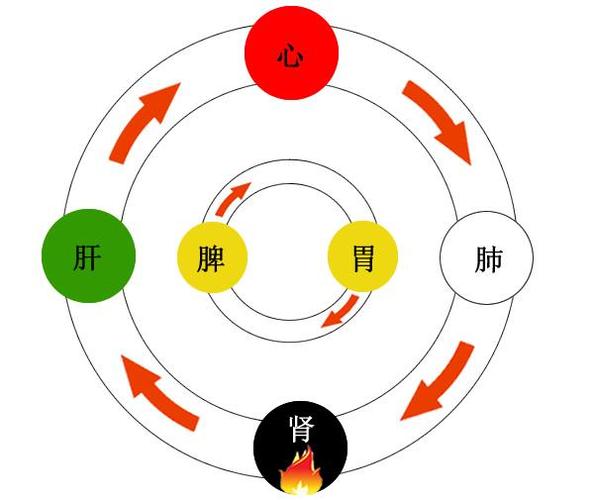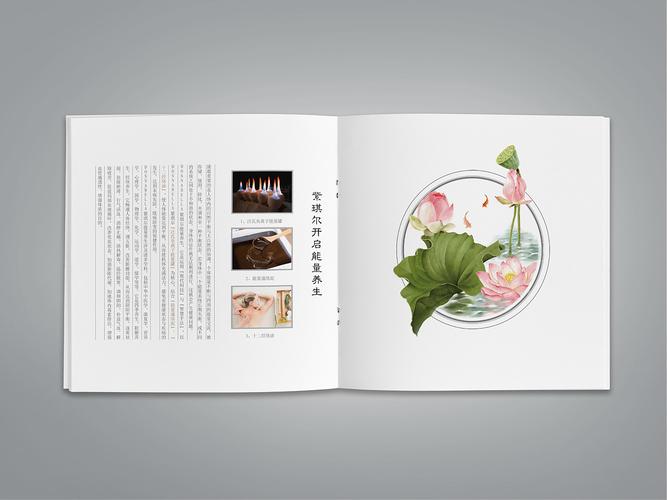Achieving optimal health through dietary choices is an age-old pursuit that continues to hold significant importance in modern times. The concept of "养生饮食" (health-preserving diet) is deeply rooted in traditional Chinese medicine and philosophy, emphasizing the harmony between the body and nature. In this article, we will explore the principles of a health-preserving diet, the benefits it offers, and practical strategies to incorporate these principles into your daily life.
养生饮食
养生饮食, or a health-preserving diet, focuses on selecting foods that nourish the body, support its natural functions, and promote longevity. This approach is not just about avoiding unhealthy foods but also about choosing ingredients that enhance vitality and well-being. The key components of a health-preserving diet include balance, variety, moderation, and the use of natural, minimally processed foods.
### Balance and Harmony
In the context of 养生饮食, balance refers to the equilibrium between different food groups, flavors, and thermal properties of foods. Traditional Chinese medicine classifies foods into categories based on their nature (hot, warm, neutral, cool, cold) and flavor (sweet, sour, bitter, salty, pungent). Achieving a harmonious balance among these properties is believed to regulate the body's internal environment, thus promoting health.
For example, individuals with a "hot" constitution might benefit from consuming more cooling foods, such as cucumbers and melons, to counterbalance their internal heat. Conversely, those with a "cold" constitution should include warming foods like ginger and lamb to enhance their internal warmth.
### Variety for Comprehensive Nutrition
A varied diet ensures that the body receives a wide range of nutrients essential for overall health. Each type of food provides specific vitamins, minerals, and other beneficial compounds. Incorporating a diverse array of vegetables, fruits, grains, proteins, and fats helps cover the nutritional spectrum, reducing the risk of deficiencies and imbalances.
Traditional Chinese medicine emphasizes the importance of consuming foods that are in season and locally grown. Seasonal foods are thought to be more attuned to the body's needs at different times of the year, providing optimal nourishment. For instance, winter vegetables such as root vegetables and winter squash provide the grounding and warming qualities needed during colder months.
### Moderation and Mindful Eating
Moderation is a cornerstone of 养生饮食. Overeating, even of healthy foods, can lead to digestive issues and other health problems. Eating in moderation helps maintain a healthy weight, supports digestion, and ensures that the body can efficiently absorb and utilize nutrients.
Mindful eating, which involves paying full attention to the experience of eating, can enhance the benefits of a health-preserving diet. This practice encourages slower eating, better digestion, and greater satisfaction with meals. By savoring each bite and listening to the body's hunger and fullness cues, one can avoid the pitfalls of overeating and make more deliberate, healthful food choices.
Practical Strategies for Implementing a Health-Preserving Diet
Integrating the principles of 养生饮食 into daily life requires mindful planning and a commitment to making healthful choices. Here are some practical strategies to help you get started:

### Choose Whole, Natural Foods
Whole foods, such as fresh vegetables, fruits, whole grains, nuts, seeds, and lean proteins, should form the foundation of your diet. These foods are rich in essential nutrients and free from the additives and preservatives found in many processed foods.
### Prioritize Plant-Based Ingredients
A plant-based diet is a key component of 养生饮食. Vegetables, fruits, legumes, nuts, and seeds provide a plethora of vitamins, minerals, antioxidants, and fiber that support overall health. Aim to fill half of your plate with vegetables and fruits at each meal to ensure a nutrient-dense diet.
### Incorporate Traditional Foods
Traditional Chinese foods like tofu, miso, fermented vegetables, and various teas offer unique health benefits. These foods are often rich in probiotics, antioxidants, and other bioactive compounds that support gut health, immune function, and overall well-being.
### Drink Herbal Teas
Herbal teas are a staple in 养生饮食, offering both hydration and medicinal benefits. Teas made from herbs like ginger, chrysanthemum, goji berries, and ginseng can help balance the body's energies and address specific health concerns.
### Cook with Healthy Oils
Healthy fats are essential for maintaining cell integrity, hormone production, and overall energy levels. Use oils like olive oil, sesame oil, and coconut oil in moderation, as these are rich in beneficial fatty acids and antioxidants.
### Practice Seasonal Eating
Eating seasonally means consuming foods that are naturally harvested at the same time you eat them. Seasonal eating aligns your diet with nature's cycles, potentially enhancing nutrient intake and digestive efficiency.

### Balance Flavors and Properties
Strive for a balance of flavors (sweet, sour, bitter, salty, pungent) and properties (hot, warm, neutral, cool, cold) in your meals. This balance helps regulate internal body conditions and can prevent health issues related to dietary imbalances.
### Stay Hydrated
Proper hydration is crucial for overall health. Drink plenty of water throughout the day and include hydrating foods like soups, stews, and water-rich fruits and vegetables in your diet.
### Listen to Your Body
Pay attention to how different foods and eating patterns affect your body. Everyone's constitution is unique, so it's important to tailor your diet to your specific needs and health conditions. Consulting with a healthcare professional or a nutritionist who understands traditional Chinese dietary principles can provide personalized guidance.
### Limit Sugar and Processed Foods
Excessive sugar and processed foods can lead to a range of health problems, including obesity, diabetes, and heart disease. Limiting these foods in your diet supports better overall health and aligns with the principles of 养生饮食.
### Foster a Positive Relationship with Food
Cultivating a positive relationship with food involves appreciating its role in nourishing the body and mind. Avoid restrictive diets that cause stress or anxiety and instead focus on enjoying a variety of healthful foods that you love.
Conclusion
Adopting a health-preserving diet rooted in the principles of 养生饮食 can lead to significant improvements in overall health, energy levels, and longevity. By prioritizing balance, variety, moderation, and mindfulness, you can create a sustainable dietary pattern that supports your body's natural functions and promotes long-term well-being. Remember, the journey to better health is a gradual process, and small, consistent changes can make a substantial difference over time.
转载请注明:成都会所桑拿-四川成都休闲桑拿推荐论坛! » 武汉桑拿 » How to Maintain Health with a Balanced Diet: Key Strategies for Longevity and Vitality
版权声明
本文仅代表作者观点,不代表成都休闲网立场。
本文系作者授权发表,未经许可,不得转载。































